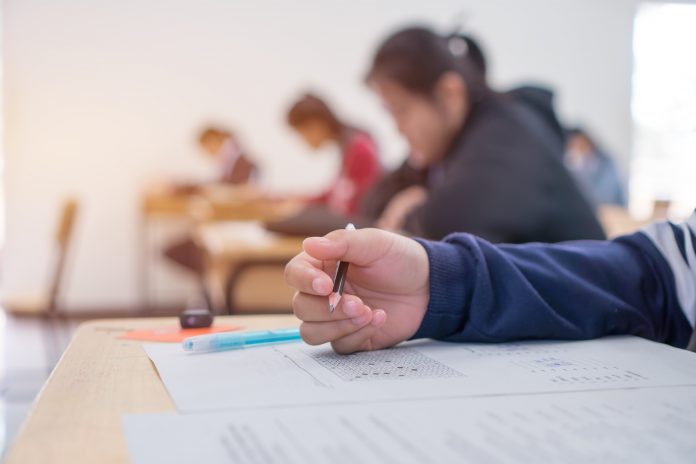A new study shows that one-third of all American children who started school during the restrictive measures of the coronavirus pandemic are now dangerously below the reading levels of their respective grades, and will most likely not recover without “intensive” intervention.
As reported by Breitbart, the study was conducted by the curriculum and assessment group Amplify, which focused on students from kindergarten through third grade. The study used the Dynamic Indicators of Basic Early Literacy Skills (DIBELS) system to produce its findings. DIBELS is a diagnostic test that focuses specifically on such factors as comprehension, fluency, phonemic awareness, and alphabetic principle. The survey included information from over 1,300 schools in 37 different states, from 2019 to 2022.
The study noted that there was only minimal improvement from the 2020-2021 academic year to the following academic year of 2021-2022. Regardless, students on average are still well below the reading readiness levels from before the pandemic. Among kindergarteners, just 47 percent are at grade level reading skills, when that number was 55 percent prior to the pandemic. Another 37 percent are categorized as “at-risk readers,” whereas that number before the pandemic was just 29 percent.
In the first grade, just 48 percent of students are at the appropriate reading level, compared to 58 percent pre-pandemic; 37 percent of first-graders are now “at-risk” compared to 29 percent pre-pandemic.
The findings further confirm the widespread fears that many parents had about the overtly restrictive coronavirus measures that were implemented in schools across the country at the onset of the pandemic, from schools initially being completely shut down for the remainder of the 2019-2020 academic year, to the eventual transition to “virtual/remote learning” from home, to “hybrid learning” that incorporated both virtual and in-person learning. The numerous restrictions – which did little to stop the spread of the virus – have had a profound national impact on students’ learning abilities and mental health, creating problems that could persist for years to come.
Originally published by American Greatness. Republished with permission.









[…] post Study Shows One-Third of Children Who Started School During COVID-19 Pandemic Need ‘Intensive’ R… appeared first on Heartland Daily […]